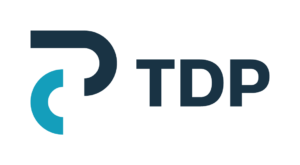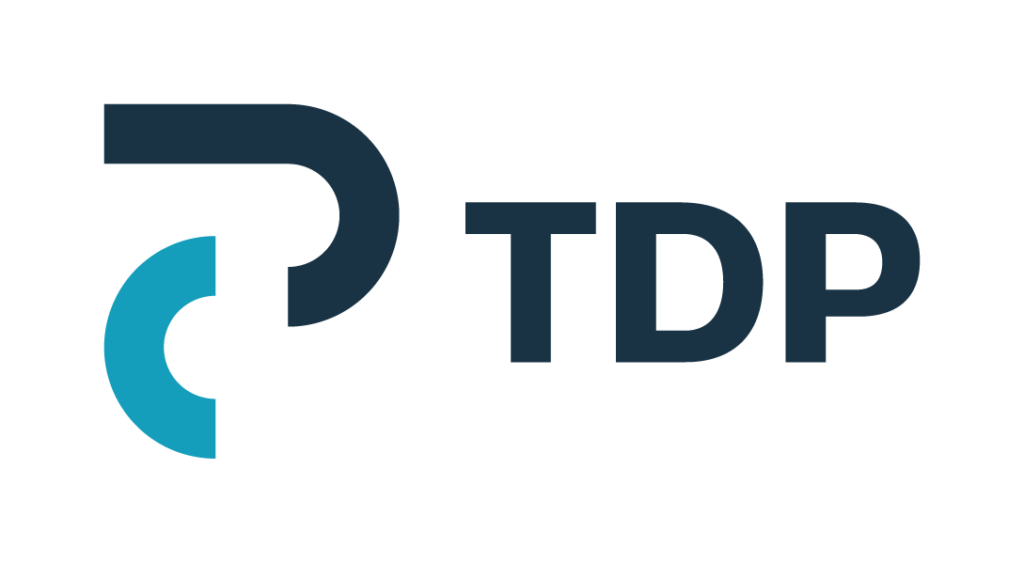In his weekly newsletter to the nation in November 2022, President Cyril Ramaphosa says government remains committed to the transformation of the economy and empowerment: “BBBEE is here to stay”.
BEE refers to the government’s policy, while B-BBEE is the implementation of the policy. Both refer to the same strategic framework that seeks to promote the economic participation of black people in the South African economy.
THE B-BBEE ACT AND CODES
The Broad-Based Black Economic Empowerment Act 53 of 2003 (“BBBEE Act”) and the Codes of Good Practice for Broad-based Black Economic Empowerment provide a legislative framework for the promotion and implementation of Broad-Based Black Economic Empowerment (BBBEE) in the country.
WHO QUALIFIES FOR B-BBEE IN SOUTH AFRICA?
It is commonly accepted that in order to qualify for this form of aid under Broad-Based Black Economic Empowerment (B-BBEE or BEE), a person must also be an African, Coloured, or Indian citizen of South Africa.
WHAT ARE THE 5 ELEMENTS OF B-BBEE?
The five BEE components which make up your BEE score are:
- Ownership
- Management and control
- Skills development
- Enterprise and supplier development
- Socio-economic development.
-
Ownership
Looks at the amount of shares held by black people. The sub-minimum requirement for ownership is 40% of the net value. This category will contribute 25 points towards the total score, currently, it is 20 points. -
Skills development
40% of the targets set out in the Skills Development Element must be achieved to score points. The Skills Development Scorecard constitutes 25 points towards the BEE Scorecard. Points are allocated for the following:
- Skills Development spend on learning programmes for black people in general and black employees with disabilities;
- bursaries for black students at Higher Education institutions.
- learnerships, internships, and apprenticeships for black people;
- the absorption of black people into the workforce of the measured company or into the industry at the end of the learnership, internship, and apprenticeship programmes.
-
Enterprise and supplier development
This is the highest contributor among all elements. The sub-minimum requirement is 40% for each of the following three categories; preferential procurement, supplier development and enterprise development. It counts for 40 points of which 23 are awarded to majority black ownership. -
Management and control
Measures the management makeup in the company, according to the codes at least 10% of managerial positions must be awarded to black people. It currently contributes up to 15 points. -
Socio-economic development
Measures contributions made by businesses to needy local communities. It has been reduced to 5 points. It currently counts for 25 points.
WHO MUST COMPLY WITH B-BBEE?
Complying with B-BBEE is a requirement if you will be doing work with the government, state-owned enterprises and large corporates.
Private companies must apply the codes if they want to do business with any government enterprise or organ of state – that is, to tender for business, apply for licences and concessions, enter into public-private partnerships, or buy state-owned assets.
Companies are also encouraged to apply the codes in their interactions with one another since preferential procurement will affect most private companies throughout the supply chain.
B-BBEE LEVELS
The size of a business determines the necessary levels of BEE compliance. The Codes provide for three levels of compliance based on the size of a business:
- Exempted Micro Enterprises (EMEs) are businesses with an annual turnover of less than R10,000,000;
- Qualifying Small Enterprises (QSEs) are businesses with an annual turnover of less than R50,000,000; and
Enterprises can get a B-BBEE certificate from an accredited BEE Verification Agency which issues an annual BBBEE certificate confirming the firm’s BBBEE status. Such certificates may be used by the firm for the purposes of its business, including when submitting tenders to customers.
A certificate is only valid for 12 months from the date of issue and cannot be renewed. Once expired a new application must be filed.
Exempted Micro Enterprises (EME)
To qualify as an Exempted Micro Enterprises (EME) the business must have an annual turnover lower than R10 million. This indicates that a small business can attain a BEE level without conducting a thorough BEE verification.
A BEE Exempt certificates provide the holders with an exemption from the B-BBEE Codes of Good Practice requirements. As such, companies that qualify for BEE-exempt certificates are advised to get their certificates to ensure they can favourably compete with larger firms with high BEE Scores.
An EME is deemed to have a B-BBEE status of level 4 (QSE does not qualify automatically).
However, an EME or QSE that is 100% black-owned qualifies for elevation to a level 1 contributor. An EME or QSE that is at least 51% black-owned qualifies for elevation to a level 2 contributor.
A certificate is only valid for 12 months from the date of issue and cannot be renewed. Once expired a new application must be filed.
Please do not hesitate to contact Jaco at 041 4508799 or via email (jaco@pe.tdp.co.za) to find a BEE solution for your company.


